Farm Books have a long and fascinating history. They are the records of farmers’ experiences, successes, failures, and observations that were passed down through generations. As far back as the Middle Ages, these books were used to share knowledge about crop management, animal husbandry, soil science, and other agrarian topics.
Farmer books often contain insights into traditional farm culture and values, providing a window into the past and a deeper understanding of how rural human life has evolved. Today, farming books are still popular with hobby farmers, farmyard enthusiasts, and historians interested in learning more about rural life. They provide an invaluable resource for those seeking to understand the roots of modern farming and gain a deeper appreciation for their agricultural heritage.
List of Great Farmer Books
Books have the power to educate and inform, which is why we’ve put together this list of great books on regenerative agriculture. Whether you are looking for a way to better understand soil health, get an insider’s view of family farm life, or just learn more about our food system, these titles provide invaluable insight into the world of regenerative farming.
The One-Straw Revolution by Masanobu Fukuoka
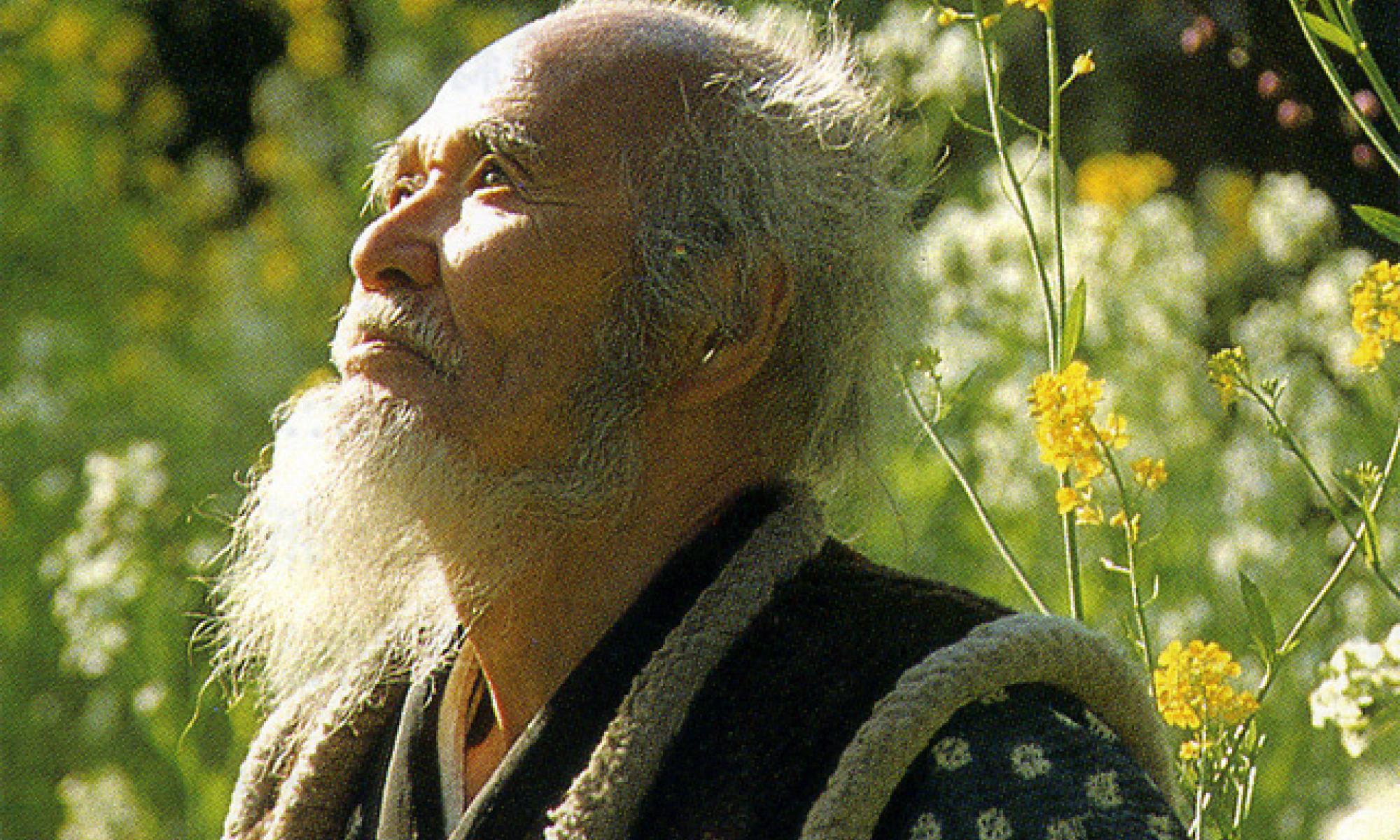
This seminal work, first published in 1975, is a must-read for anyone interested in sustainable agriculture and soil health. Written by the late Japanese farmer and philosopher Masanobu Fukuoka, “The One-Straw Revolution” offers a revolutionary approach to farming that eschews chemicals and GMOs in favor of natural soil health regeneration and soil conservation practices.
The Unsettling of America by Wendell Berry
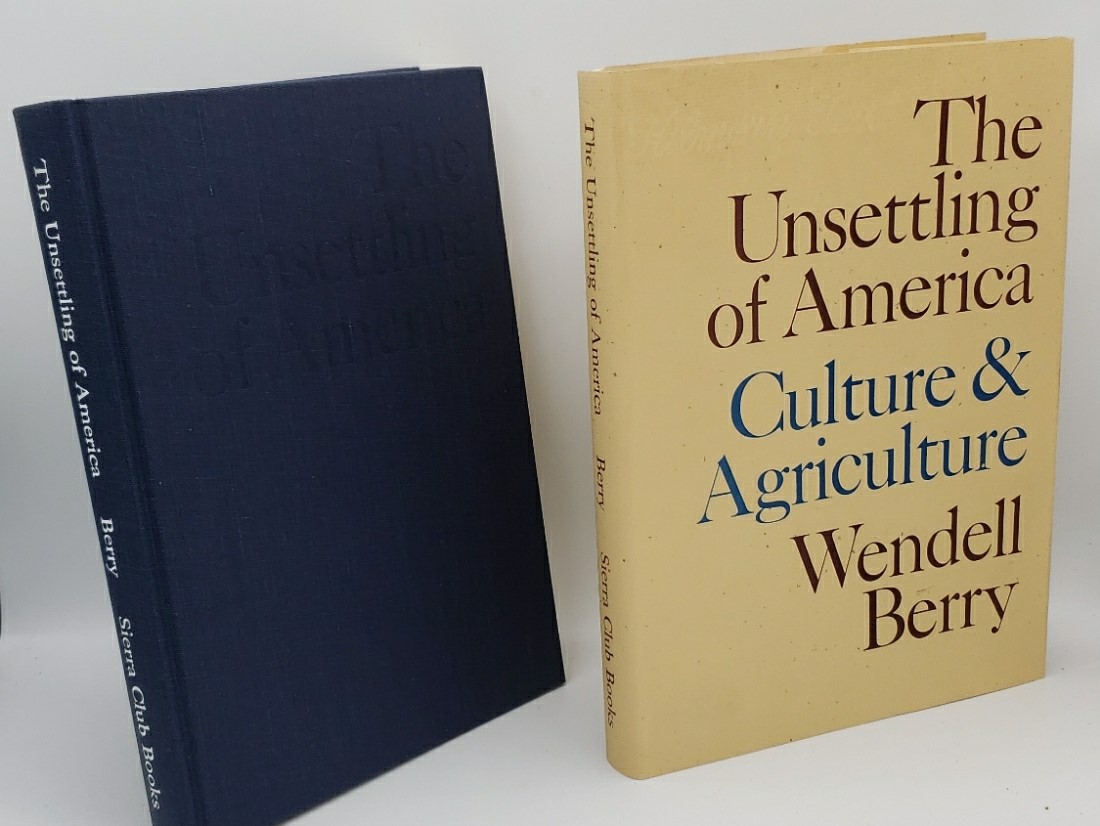
For over four decades, this seminal work has been one of the most respected texts on the modern food system and its effects on soil health. In this book, renowned author, poet, and farmer Wendell Berry argues for a new vision of agriculture based on soil conservation and soil rejuvenation through organic farming methods.
The Third Plate by Dan Barber
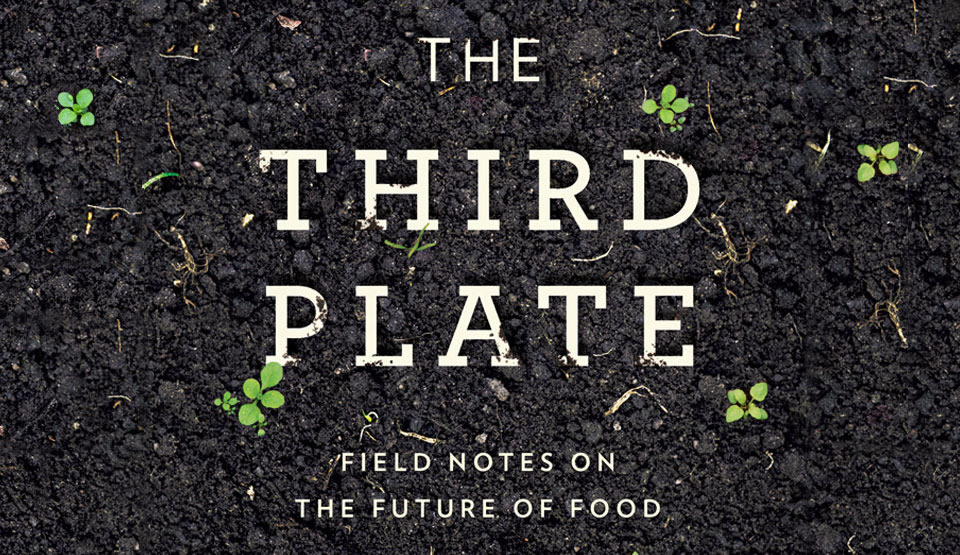
From the chef behind New York City’s lauded Blue Hill restaurant, “The Third Plate” offers an insightful look at soil health and modern community food systems. With vivid descriptions of his trips to farmers across the country, Barber examines how soil health is being impacted by modern farming practices and reveals how soil regeneration can be achieved through regenerative agriculture.
Farming with the Wild by Dan Marrone
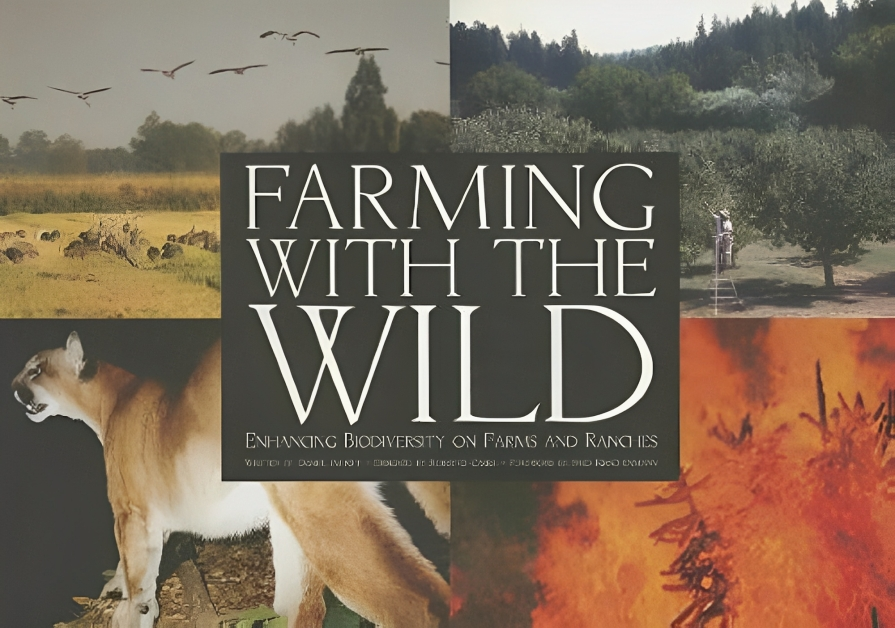
This groundbreaking book explores soil health from the perspective of biodiversity, proposing ways to increase soil fertility through a variety of soil conservation methods that integrate both wild and cultivated plants into farming systems. Through a series of case studies and interviews, Marrone provides a detailed look at soil health conservation practices that are being implemented across the country.
Folks, This Ain’t Normal by Joel Salatin
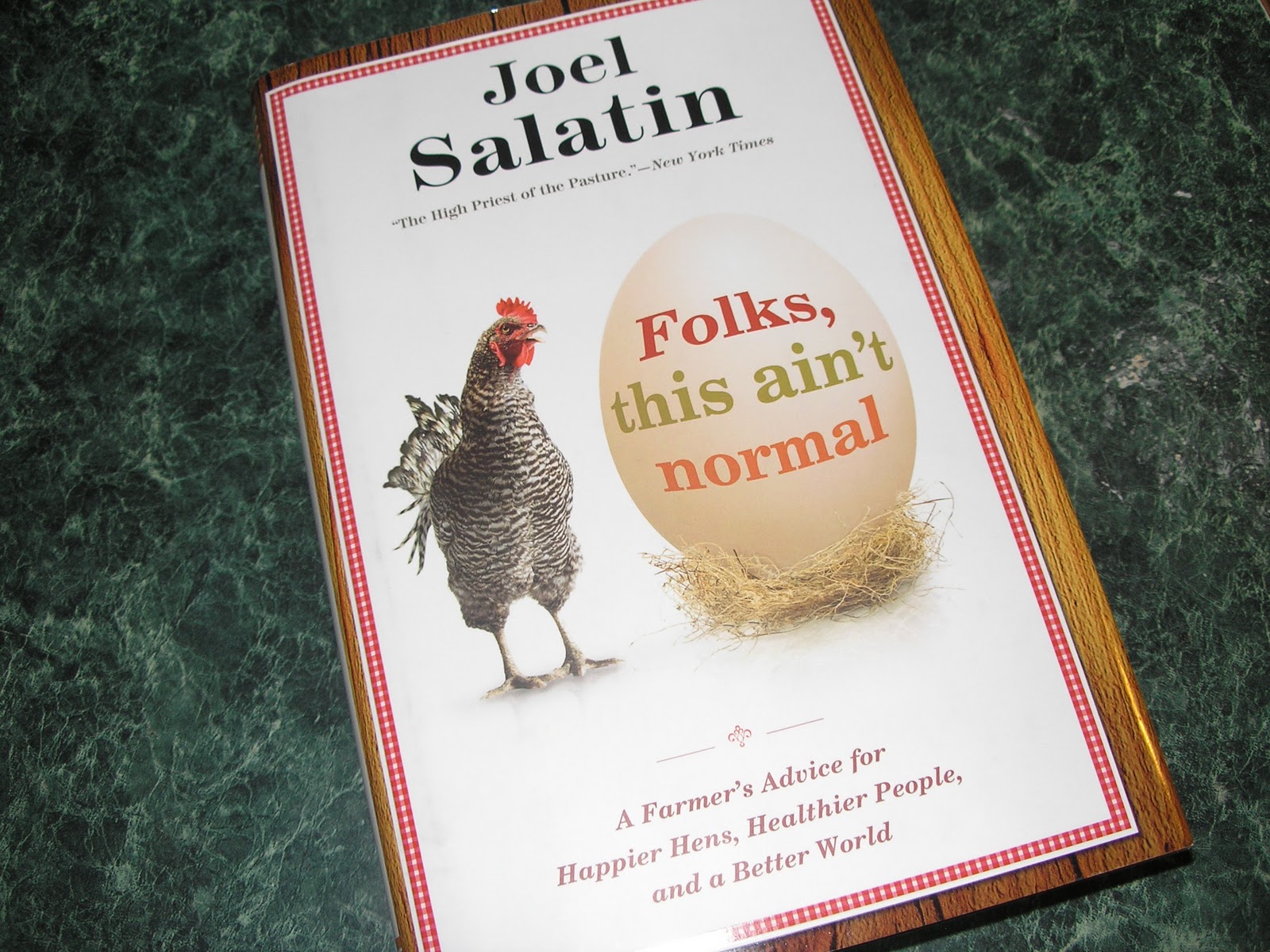
In this book, Salatin offers a unique perspective on soil health and sustainable farming practices. Through stories of his family farm in Virginia’s Shenandoah Valley, Salatin shares the importance of soil conservation and soil rejuvenation through organic and regenerative agricultural practices.
The End Of Food Waste by Andrew Guner
This groundbreaking book takes a deep dive into food waste and its effects on global food production. It reveals the hidden problems behind food waste and explores innovative solutions to reduce it. With actionable advice for policymakers, business owners, and individuals, this book is an invaluable resource for anyone interested in making a difference.
The Organic Farmer’s Business Handbook by Richard Wiswall
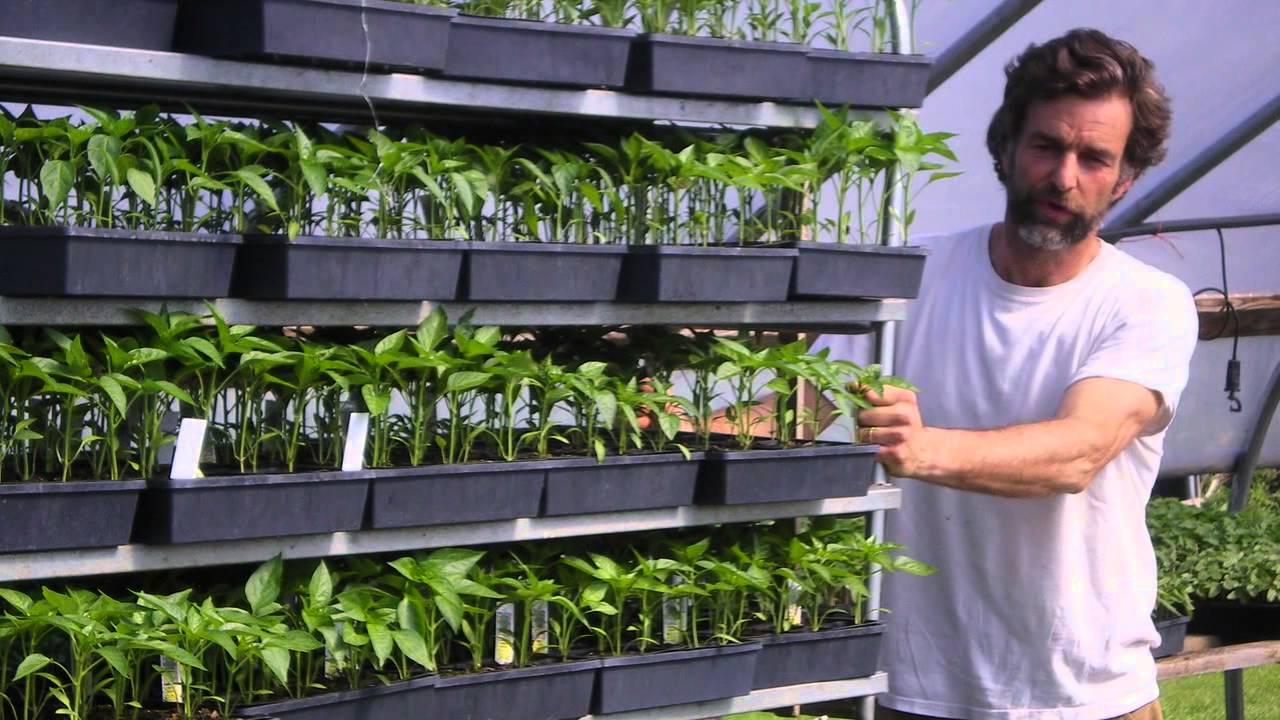
This comprehensive guide to small-scale farming covers everything from marketing and financing to weather-related crop disasters, soil health, and food production. With practical advice on setting up a successful business and marketing strategy, this book is essential reading for anyone interested in learning more about organic farming.
Gaining Ground by Forrest Pritchard
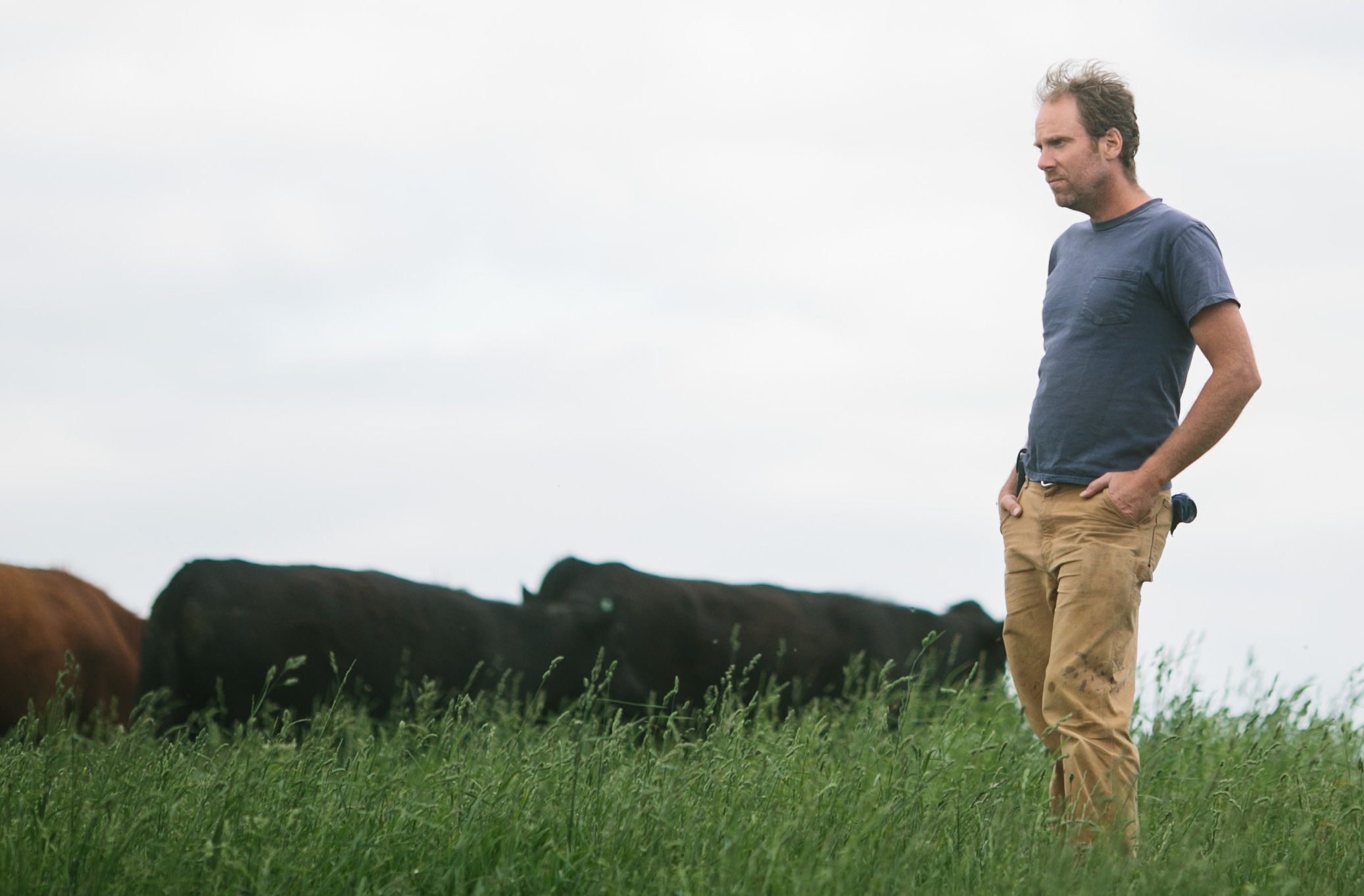
This inspiring book tells the story of one family’s journey to save their farm through sustainable agriculture. With engaging stories from farmers around the world, this book is a must-read for anyone interested in learning more about regenerative agriculture.
The Lean Farm Guide To Growing Vegetables by Ben Hartman
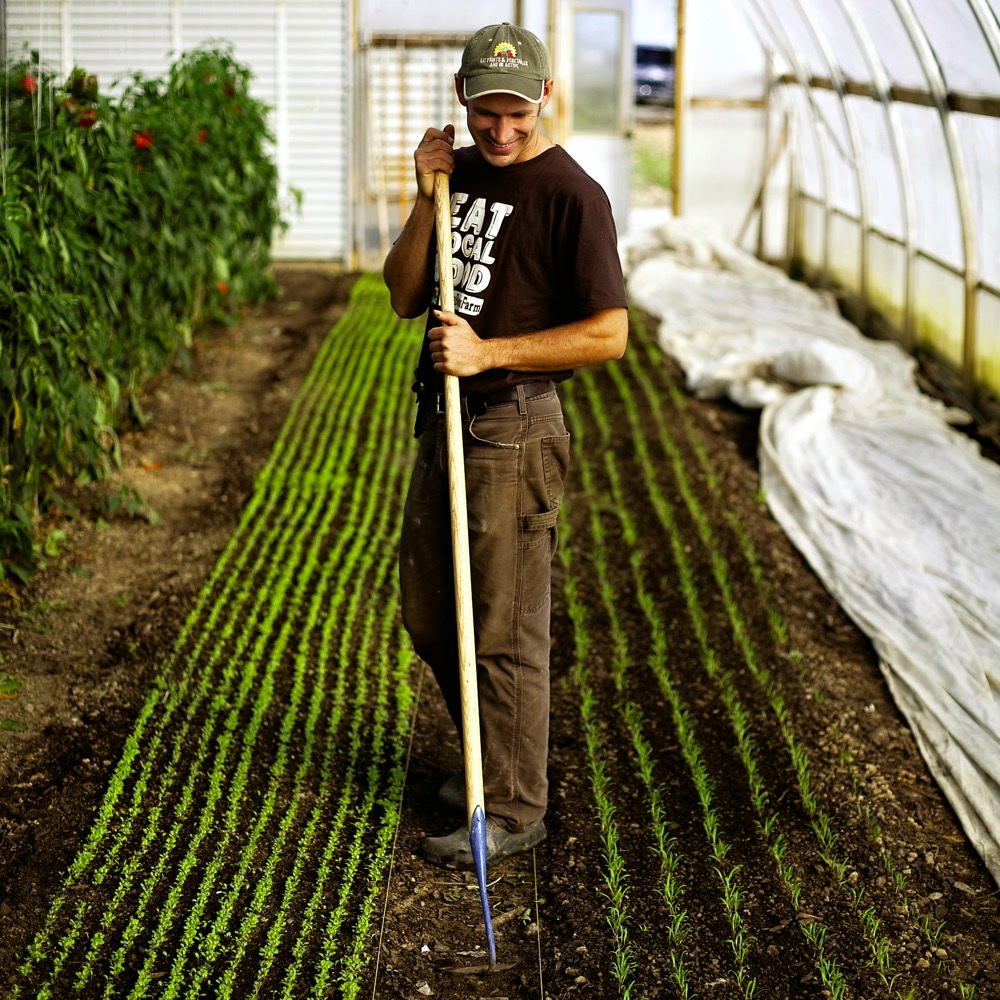
This bestselling book shows how making small changes can vastly improve a farm’s efficiency and profitability. This book provides the key regenerative practices for a successful market garden, such as crop rotation, soil fertility testing, companion planting, and much more.
The Soil Will Save Us by Kristin Ohlson
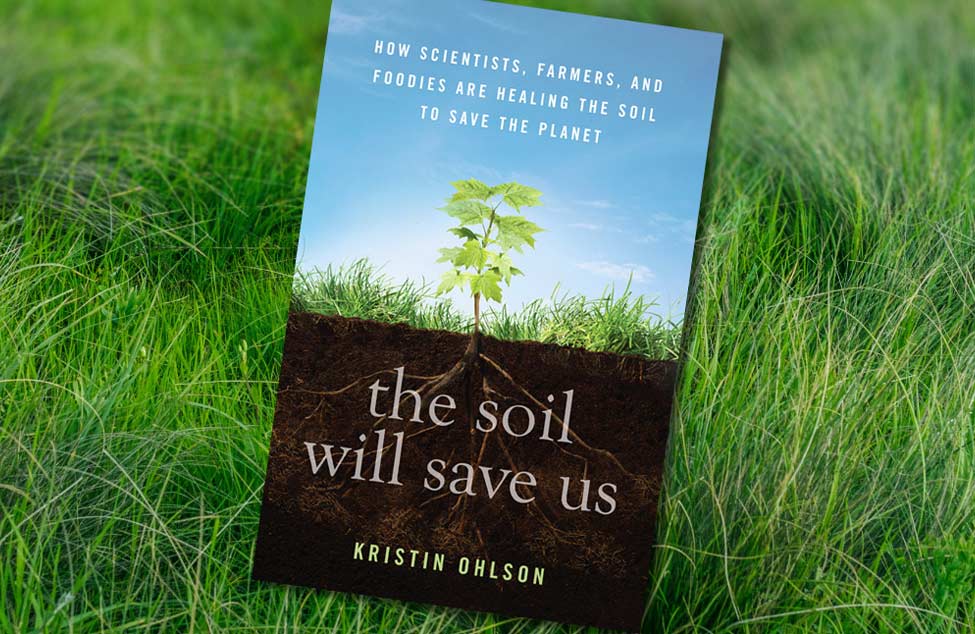
In this powerful book, Ohlson delves into regenerative agriculture as a solution to the current global climate crisis. She highlights the regenerative practices of farmers around the world and how we can work to heal our planet through regenerative agriculture.
The Farming Game by Brett L. Markham
This informative book explains regenerative farming practices in an accessible way. It provides a comprehensive overview of what regenerative farming is, how to start using regenerative practices on your farm, and the importance of regenerative agriculture for the future.
The Market Gardener by Jean-Martin Fortier
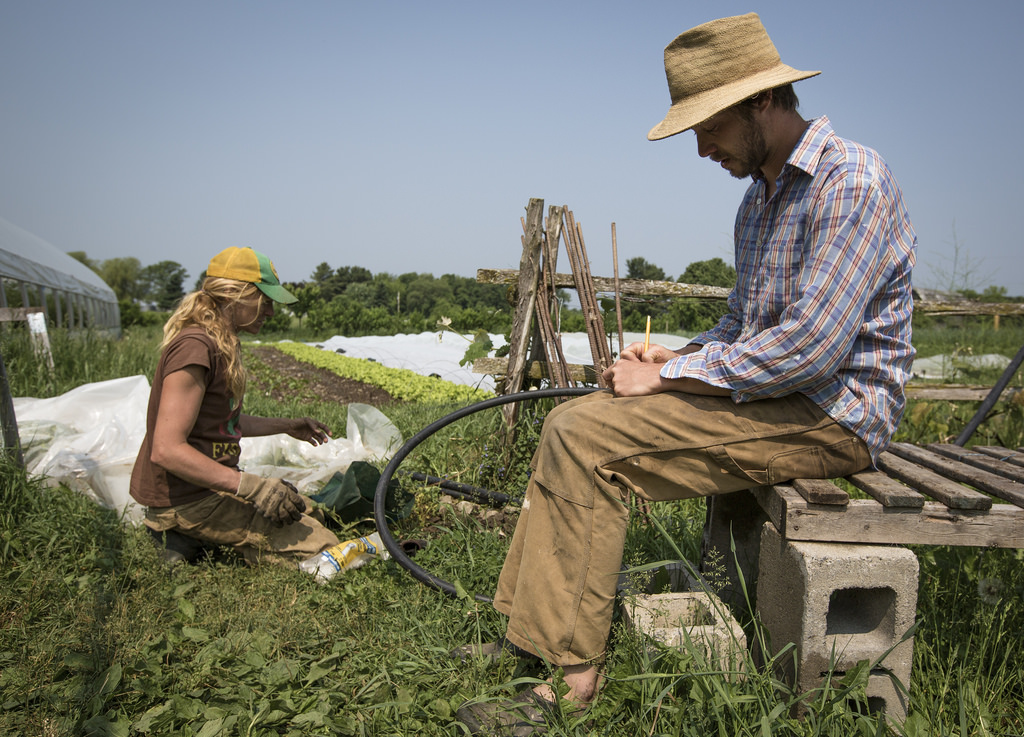
This comprehensive guide is essential reading for food entrepreneurs seeking to learn the basics of regenerative farming. It takes you through every step of the process, from planning and preparing your land to market your products and managing a team of employees. The book also covers topics such as food storage and pest control, making it a must-read for anyone interested in food entrepreneurship.
The Rodale Book of Composting by Deborah L. Martin and Grace Gershuny
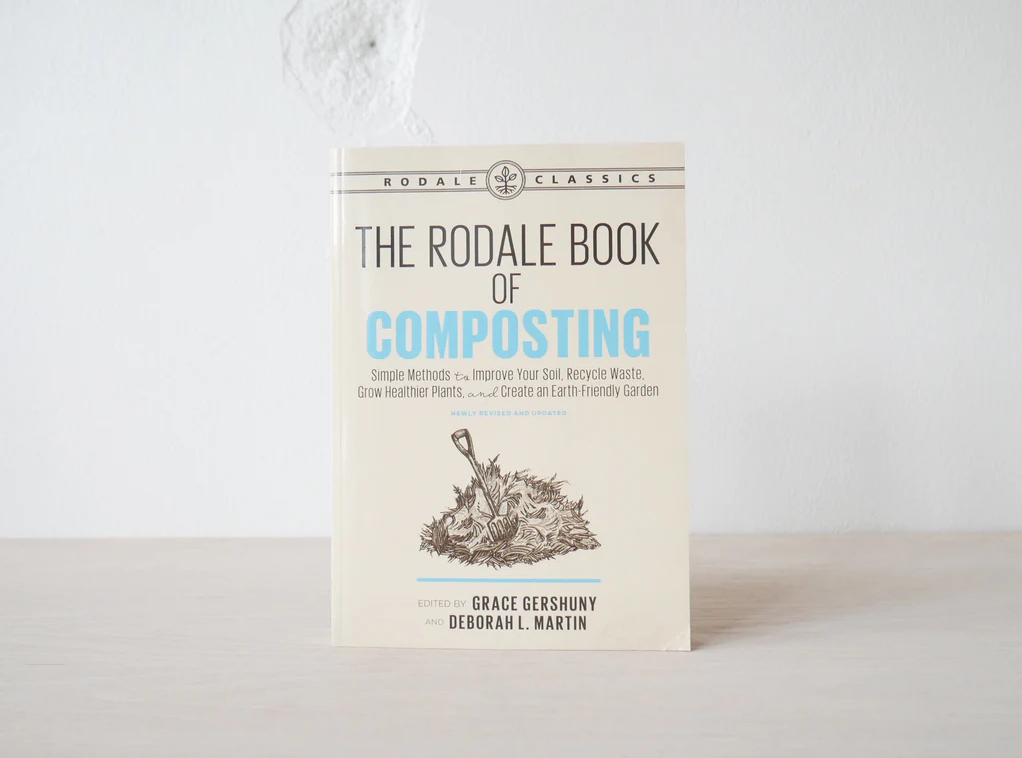
The book offers detailed instructions on how to compost food scraps and garden waste to enrich the soil naturally, help retain moisture and increase fertility – all key elements of regenerative agriculture.
Building Soil by Elizabeth Murphy
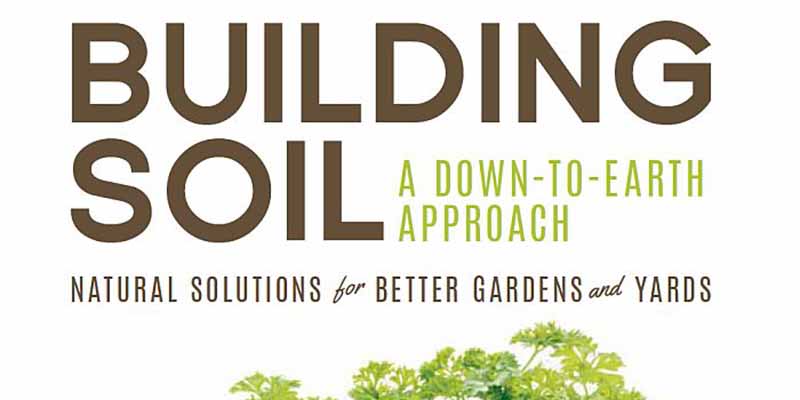
If you’re looking to expand your reading list with a few great farm books, look no further! Building Soil: A Down-To-Earth Approach by Elizabeth Murphy is an excellent resource for those looking to learn more about the importance of healthy soil. The book covers topics such as soil bacteriology, beneficial fungi, and other aspects of soil biology and covers simple, actionable steps to improve your soil.
The Art and Science of Regenerative Agriculture by Andre Leu
Another excellent resource is The Art and Science of Regenerative Agriculture by Andre Leu. This book provides an in-depth look into regenerative agriculture principles and practices that can be used to create and enhance sustainable farming systems. It’s packed with information on topics like mulching, composting, and more.
The Mission of a Farmer by Gale L Carroll, by Gale L Carroll
The Mission of a Farmer by Gale L Carroll is a great read for aspiring farmers who want to learn more about the art of farming. The book covers topics such as soil fertility, crop rotation, and pest management, as well as provides insights into the daily life of a farmer. This book looks at how food production can be used to restore and revitalize our planet and shows how small-scale farmers can make an impact on food security.
Conclusion
For readers interested in regenerative agriculture and food systems, several great books offer an exploration into how family farms can generate a more sustainable form of agriculture. Whether you’re looking to start regenerative farming, deepen your family’s relationship with the land, or simply understand food systems better, these books are a great place to start.
With informative and inspiring stories of farmers around the world, not only will you learn plenty of valuable lessons but you’ll also gain a greater appreciation for our planet’s resources and the importance of sustainable farming practices. So add these great farm books to your reading list.
